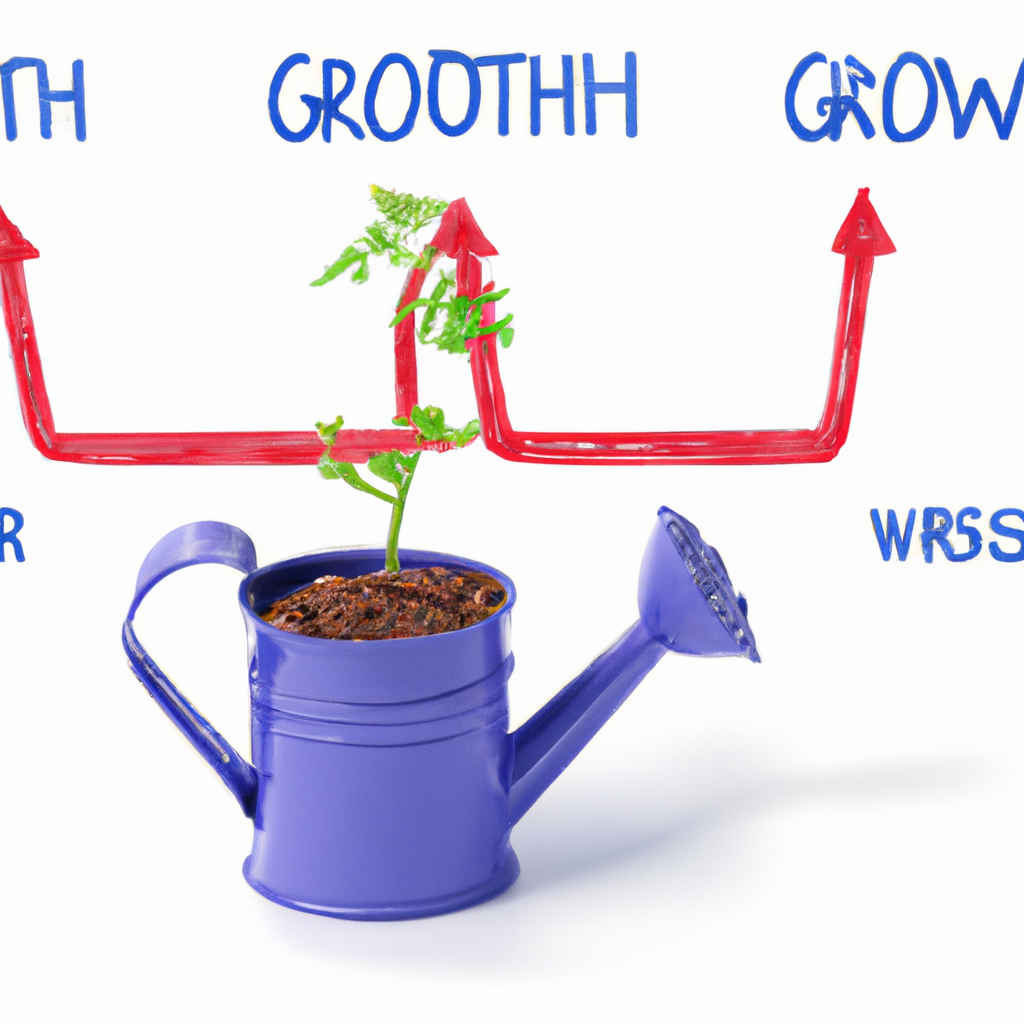Tips for Investing in International Markets
Investing in international markets can be an exciting opportunity to diversify your portfolio and potentially achieve higher returns. However, it also comes with its own set of challenges and risks. Here are some tips to help you navigate the world of international investing:
1. Do Your Research
Before diving into any international market, it is crucial to thoroughly research the country’s economy, political stability, and regulatory environment. Look for information on the country’s GDP growth, inflation rates, fiscal policies, and any recent developments that may impact the market.
2. Understand the Currency Exchange Rates
Currency exchange rates can significantly impact your investment returns. Keep an eye on the exchange rates between your home currency and the currency of the country you plan to invest in. Fluctuations in exchange rates can either boost or erode your returns, so it’s important to be aware of this risk.
3. Diversify Your Investments
Diversification is the key to mitigating risks in any investment portfolio, and it becomes even more critical when investing internationally. Spread your investments across different countries, industries, and asset classes to minimize the impact of any single market or sector downturn.
4. Consider Investing in ETFs or Mutual Funds
Investing in international exchange-traded funds (ETFs) or mutual funds can be a convenient way to gain exposure to a broad range of international markets. These funds are managed by professionals who have expertise in navigating international markets, making them a suitable option for beginners or those who prefer a hands-off approach.
5. Stay Informed about Global Events
Global events, such as political elections, trade disputes, or economic crises, can have a significant impact on international markets. Stay informed about these events and their potential implications for the countries and industries you have invested in. This will help you make informed decisions and react promptly to any changes in the market.
6. Be Mindful of Cultural Differences
Investing in international markets means dealing with different cultures, customs, and business practices. It is essential to be respectful and mindful of these differences to build strong relationships with local partners or companies. Understanding the local culture can also provide insights into market trends and opportunities.
7. Seek Professional Advice
If you are new to international investing or unsure about certain markets, seeking professional advice from a financial advisor or investment consultant can be beneficial. They can provide personalized guidance based on your financial goals, risk tolerance, and investment horizon.
8. Monitor Your Investments Regularly
Once you have invested in international markets, it is crucial to monitor your investments regularly. Keep track of market trends, news, and any changes in the economic or political landscape of the countries you have invested in. Regularly review your portfolio’s performance and make adjustments if necessary.
Conclusion
Investing in international markets can offer exciting opportunities for growth and diversification. However, it is essential to approach it with caution and conduct thorough research before making any investment decisions. By following these tips and staying informed, you can navigate the complexities of international investing and potentially reap the benefits of a global market.



